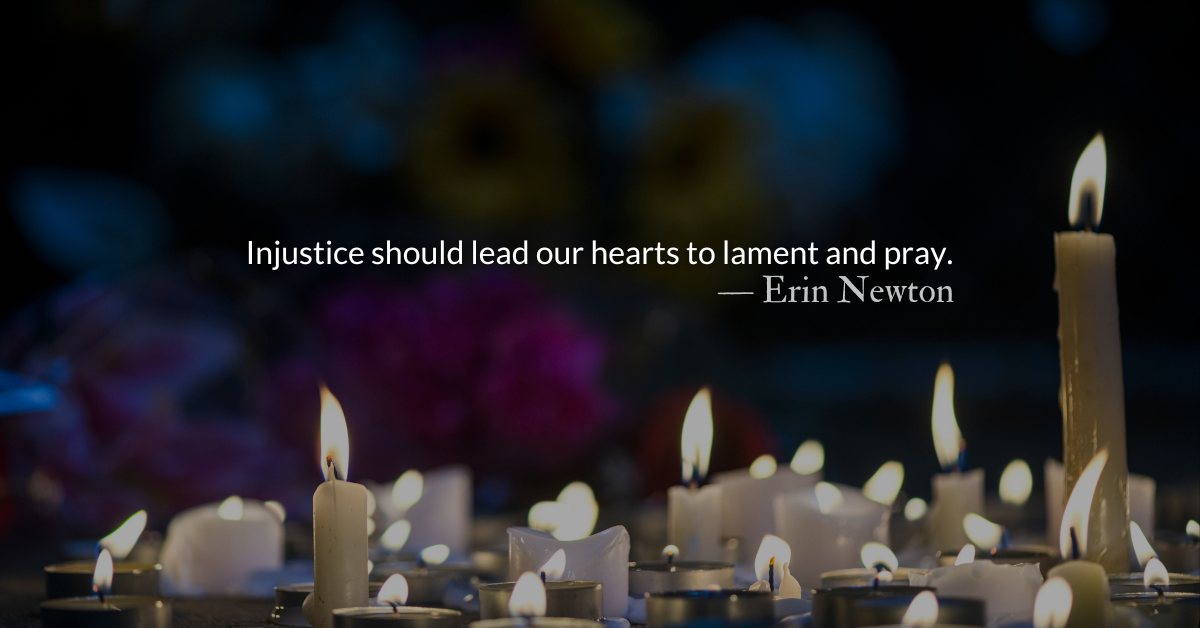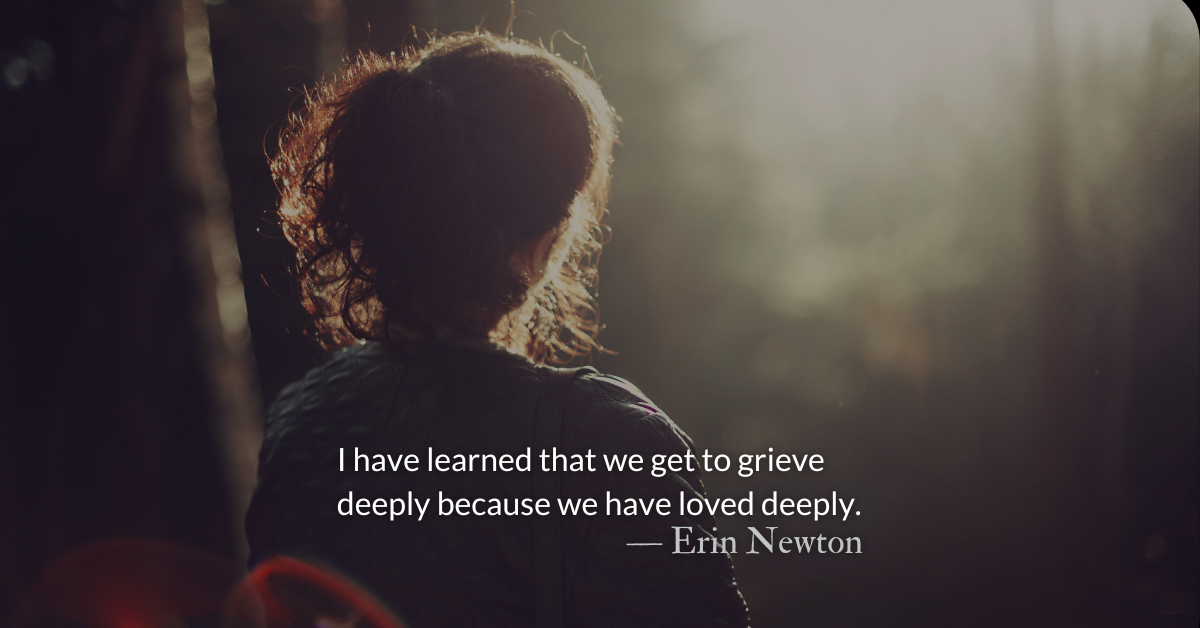Scripture Focus: 1 Kings 20.28
28 The man of God came up and told the king of Israel, “This is what the Lord says: ‘Because the Arameans think the Lord is a god of the hills and not a god of the valleys, I will deliver this vast army into your hands, and you will know that I am the Lord.’ ”
Reflection: Kings Like Ahab
By John Tillman
Ahab is the anti-David. If David shows us “a man after God’s heart,” Ahab is the mirror image. (1 Samuel 13.14; Acts 13.22) Ahab and David become moral measuring sticks. Scripture describes bad kings as following Ahab’s ways and good kings as following David’s.
Ahab gets the most ink in Kings. He’s unquestionably wicked, yet God used and spoke to him frequently. Why?
It may shock us that God blesses Ahab with victories and with his presence and voice, spoken through many prophets. Humans aren’t perfect, yet God works through them. We know this academically, but emotionally, we feel God should find someone else when he uses the wicked. We can learn from this.
God uses wicked kings to accomplish good things. This doesn’t make them good kings. God used Ahab as a mercy to the people of Israel and for the glory of his own name, not because Ahab was good. Victories don’t grant leaders a never-expiring stamp of God’s approval or mean a leader is “God’s man or woman.” They don’t suddenly deserve praise, adoration, or unquestioning, unshakable devotion.
God pursues the wicked for salvation. God repeatedly tells Ahab, “You will know that I am the Lord.” God wanted Ahab to know him and offered himself to Ahab, who repeatedly rejected God. We typically think of God pursuing the wicked, seeking to punish or destroy them, but God also pursues the wicked to turn them to him and change their hearts.
We are among the wicked. Ahab was wicked and God used him. David was wicked and God used him. We are wicked and God will use us. Our wickedness is different by degrees when we compare them humanly, but to God wicked is wicked. Just as God pursued wicked kings for repentance, he has and will pursue us.
Jesus is the only righteous king. God did find a better, righteous king to do the work that no imperfect king could do. Jesus is the king who accomplishes all that God wants. He is the only king to whom we can be unswervingly loyal because he is the only righteous one.
Like Ahab and all wicked kings, we are wicked ones repeatedly called to repentance. Ahab and David differ in their response to God, not in God’s offer. May we respond like David and not like Ahab.
Divine Hours Prayer: A Reading
Jesus taught us, saying: “I tell you, if anyone openly declares himself for me in the presence of human beings, the Son of man will declare himself for him in the presence of God’s angels. But anyone who disowns me in the presence of human beings will be disowned in the presence of God’s angels.” — Luke 12.8-9
– From The Divine Hours: Prayers for Summertime by Phyllis Tickle.
Today’s Readings
1 Kings 20 (Listen 7:03)
Psalms 40-41 (Listen 3:57)
Read more about Ahab and David
Even Ahab, the wickedest of wicked kings, obtained a measure of mercy from God when he showed humility and grief.
Read more about Supporting Our Work
Our ad-free content is not free to produce or publish. Give a one-time gift or join our monthly donors.











